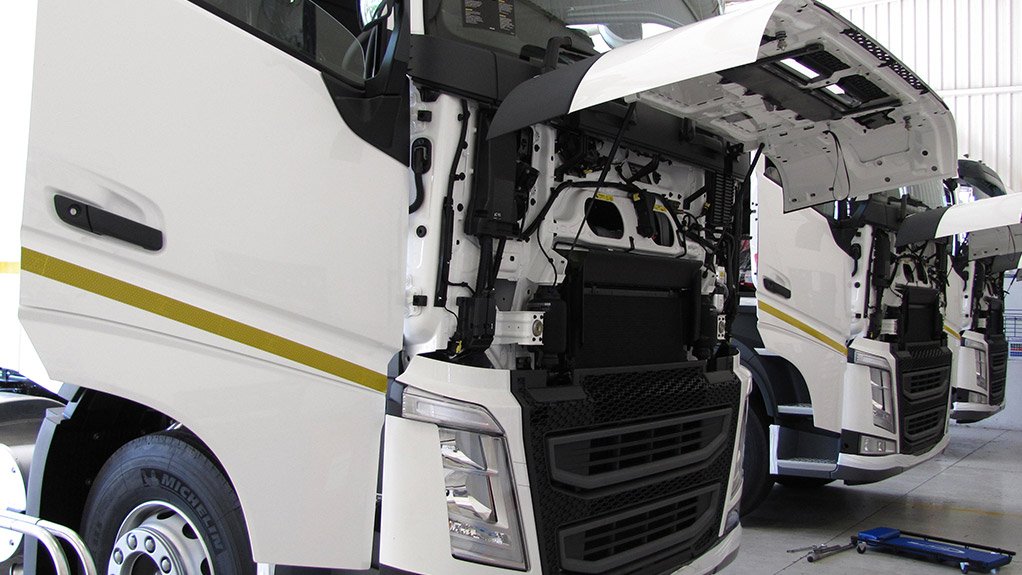South African fleet managers will continue to tighten their belts in 2016, faced with the pressure to reduce costs, and to squeeze every bit of value from their vehicles before replacing them. This means new-vehicle purchases in this segment of the market are likely to be slow this year, in line with weak economic growth, predicts Standard Bank Fleet Management head Dr David Molapo.
This will apply especially to the sectors hit hardest by the current economic downturn, namely manufacturing, mining and agriculture.
The only certainty seems to be continued uncertainty about all the major economic factors that bear on fleet management – the price of fuel, inflation, the exchange rate, the interest rate and the economic growth rate, says Molapo.
One would expect that in such difficult conditions, fleet managers would embrace the tools available to increase fleet efficiency and reduce costs, such as telematics, full maintenance leasing and value-added products and services linked to fleet cards. However, the uptake of these tools is subject to the same budget constraints as those pertaining to the replacement of vehicles, with buying decisions made slowly and cautiously as businesses keep tight control of their finances, notes Molapo.
Ironically, therefore, the prediction is that the take-up on efficiency systems will only start picking up once the economy shows signs of recovery.
Safety is likely to remain a top worry for fleet managers in the year ahead, adds Molapo.
Economic uncertainty amplifies the seriousness of every incident, as companies are less able to absorb setbacks.
Concerns include road safety, as well as crime, especially around truck hijackings, which showed a 29% increase in the most recent crime statistics, with car hijackings increasing by 14%.
However, a look at the real numbers – a total of about 1 300 truck hijackings per year – shows that these incidents remain below previous peaks, says Molapo.
A new carbon tax regime, which is set to kick in next year, does not seem to keep fleet managers awake at night, he notes.
Molapo says all indications are that the proposed carbon tax is viewed as an additional tax by the industry, and that it will do little to change vehicle preferences.
Perhaps the most optimistic aspect of the coming year is the continued rise in the status of fleet management itself, he says.
“A new generation of fleet managers are increasingly making their presence felt. They tend to be tech-savvy and unencumbered by traditions that inhibit the take-up of economically sensible practices such as full maintenance leasing. At the same time, they are entering an industry where fleet management is increasingly seen as a professional speciality in its own right, rather than an administrative side-line. This is evident in a growing number of fleet-management courses available.”
Edited by: Creamer Media Reporter
EMAIL THIS ARTICLE SAVE THIS ARTICLE
To subscribe email subscriptions@creamermedia.co.za or click here
To advertise email advertising@creamermedia.co.za or click here













